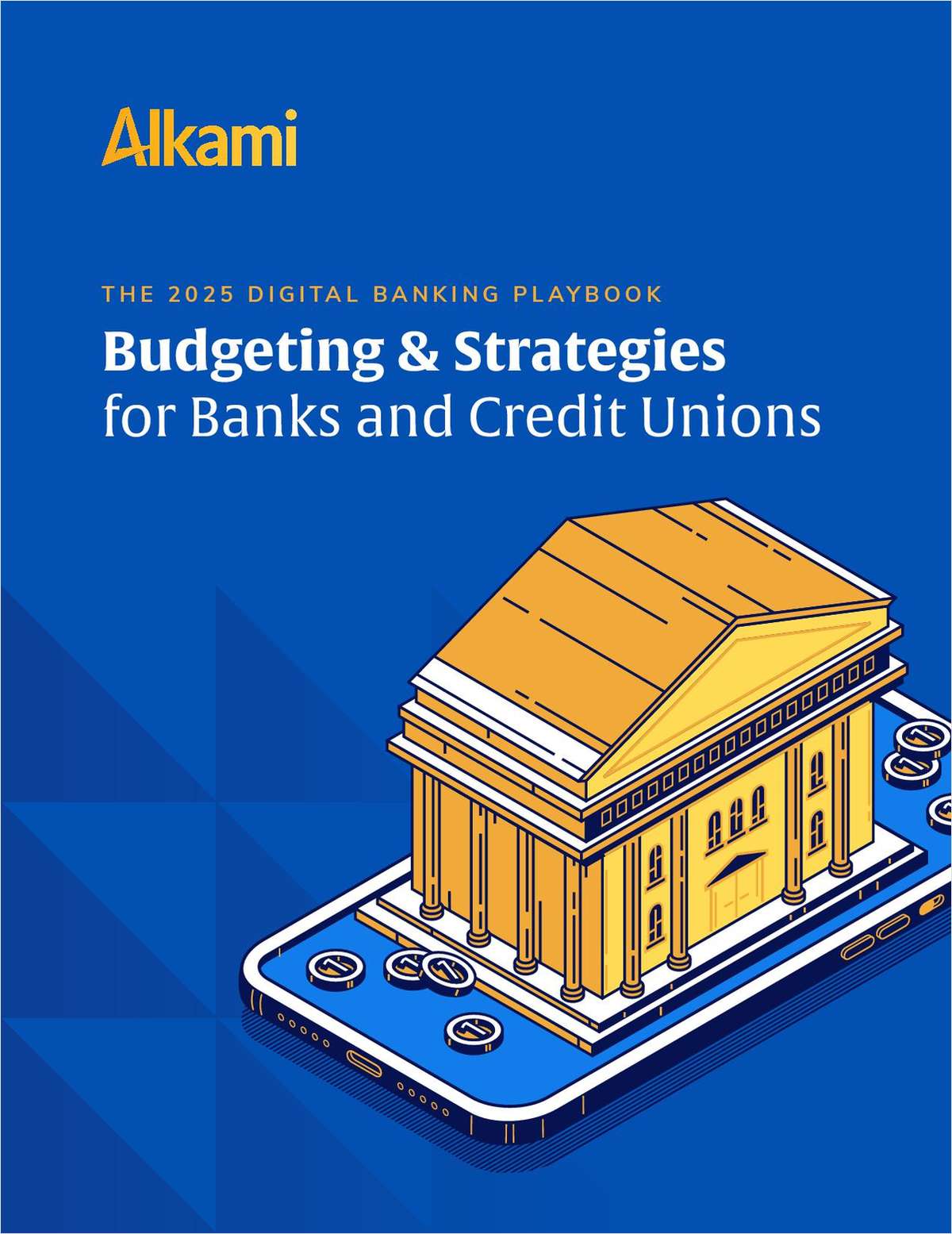
Fresh off his re-election victory last week, Rep. French Hill (R-Ark.) laid out a series of “banking principles” on Thursday to help guide the next Republican-controlled Congress beginning in 2025. Rep. Hill’s principles range from rolling back what he calls regulatory “weaponization” by the Biden-Harris Administration to raising the $10 billion threshold for financial institutions subject to the CFPB supervisory authority.
As part of Rep. Hill’s banking principles push, the lawmaker also sent letters to federal regulators, including the CFPB and NCUA, demanding the agencies “immediately halt” all ongoing rulemaking. Hill wrote, “As a matter of transparency and public accountability, each of your agencies should abandon any action or plan to force through a politicized regulatory agenda, which voters have already rejected. It is in the interest of all Americans that this agenda be halted immediately in order to restore the balance between the government and the people it serves."
A portion of Rep. Hill’s set of principles include the following as posted on his official website:
- “The Federal prudential regulators should not be able to order institutions to terminate a customer’s account without a material reason for doing so in order to reverse the weaponization of the government as demonstrated by Operation Choke Point. This political targeting has continued under the Biden-Harris Administration to go after industries like firearms and digital assets; Congress should fully investigate the conduct of agency personnel to find if their actions and policies were consistent with applicable laws, regulations, and policy, while the Trump Administration should officially halt and reverse this policy.
- “Climate stress testing should be optional for financial institutions and prohibited from being used in connection with the setting of prudential capital requirements. Instead of creating separate and unique climate-specific regulatory mandates, climate should be considered within existing frameworks such as credit and operational risk assessments, which prevents the need for overlapping and prescriptive regulatory measures.
- “The concept of tailoring should be re-established in prudential regulation and supervision by requiring federal prudential regulators to (1) tailor their actions based on the capital structure, risk profile, complexity, financial activities, business model, and size of the institution; and (2) conduct a comprehensive review of their compliance with the statutory mandate for regulatory tailoring under S. 2155, and to remedy any noncompliance.
- “The Federal prudential regulators should be open to innovation in a way that is consistent with safety and soundness and provide clear supervisory expectations to financial institutions about their third-party relationships including with financial technology companies. This requires the agencies to be equipped with the necessary technical skills and expertise in order to understand and work with their supervised entities.
- “The Federal prudential regulators should conduct a review periodically on the cumulative impact of their regulations.
- “U.S. engagement with intergovernmental regulatory bodies like the Basel Committee and the Financial Stability Board should be reformed to reconsider who represents the United States at those meetings and require notice and comment on any future proposals being considered by the U.S. financial regulators.
- “There should be more fairness, accountability, and transparency in the bank examination process, including a new process for institutions to appeal supervisory determinations, similar to the approach taken by the Fair Audits and Inspections for Regulators’ (FAIR) Exams Act, which was introduced as H.R. 8071 in the 118th Congress.
- “The timing of supervisory examinations should be coordinated between federal and state regulators, including the Consumer Financial Protection Bureau (CFPB), to streamline the exam cycle for individual institutions and reduce the compliance burden on smaller institutions.
- “The $10 billion threshold for financial institutions subject to the CFPB supervisory authority under the Dodd-Frank Act should be raised and indexed to inflation.
- “The consolidated asset threshold, below which well-managed and well-capitalized banks qualify for an 18-month examination cycle instead of a 12-month cycle, should be raised.
- “The community bank representative on the Federal Reserve Board of Governors should play a more active role in the supervision and regulation of community banks, and work with interagency coordinating bodies like the Federal Financial Institutions Examination Council (FFIEC).
- “The federal prudential regulators should amend the Capital Adequacy, Asset Quality, Management, Earnings, Liquidity, and Sensitivity to Market Risk (CAMELS) rating system, including the relative weight of each category and the establishment of objective measures to determine the evaluation of each CAMELS component and how they make up the composite rating.
- “The Federal prudential regulators and other appropriate agencies should jointly submit a plan to Congress to address the surge in mail theft-related check fraud and debit card fraud at the point of sale, which poses a threat to public safety and often targets America’s elderly and most vulnerable citizens.”
“America’s Credit Unions is the leading advocate for regulatory relief that supports credit unions’ ability to serve more Main Street Americans,” Hunt said. “Simplified and tailored regulations enable credit unions to focus more resources on member services, fostering financial wellness and enhancing their ability to be consumer's best financial partner at any stage of life. America’s Credit Unions thanks Congressman French Hill for prioritizing this important issue and outlining these critical proposals. We look forward to working side-by-side to get these enacted with the incoming Congress and administration.”
The credit union trade group said it will be engaging its “member credit unions to provide feedback to Hill on these proposals and fight for more regulatory relief for the industry with Congress.”
Rep. Hill has asked for a comment deadline of Dec. 31 for feedback on his proposed principles.
© 2025 ALM Global, LLC, All Rights Reserved. Request academic re-use from www.copyright.com. All other uses, submit a request to [email protected]. For more information visit Asset & Logo Licensing.







